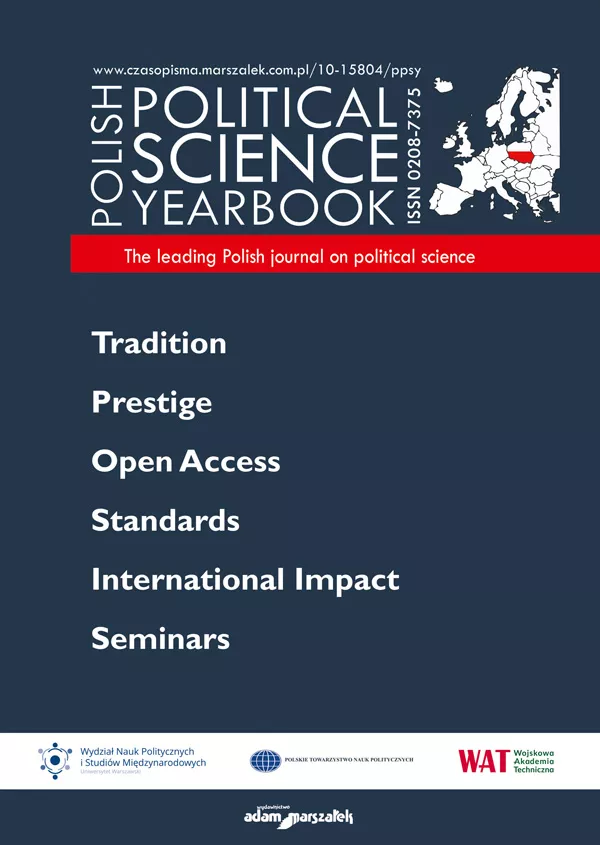Estonia as an Area of Russian Influence: Analysis and Synthesis of the Kremlin’s Methodology of Exerting Influence on Tallinn’s Political and Social Stability
Estonia as an Area of Russian Influence: Analysis and Synthesis of the Kremlin’s Methodology of Exerting Influence on Tallinn’s Political and Social Stability
Author(s): Jacek BilSubject(s): Politics, Sociology, Geopolitics
Published by: Wydawnictwo Adam Marszałek
Keywords: Russia; Estonia; soft power; policy; qualitative method; impact
Summary/Abstract: Russia's hostile actions against the Estonian state structures take the form of soft power, which can be observed in such areas as the activities of the Russian-speaking minority, media coverage, or through the use of coercion when it comes to fuel sales. This article presents qualitative methods of measuring Russian influence on Estonia. An observable trend in international relations is replacing hard power with soft power, commonly used against states within the sphere of interest of certain geopolitical entities. It is more difficult to identify the latter and prove it results from an aggressor's deliberate actions. Information warfare, including disinformation and propaganda, is one of the means Russia uses to exert political influence. By accepting the offer of a political and military alliance with the Western world, the Baltic States have become a threat to the Kremlin's imperialist aspirations. Russia's direct military actions against Estonia and the other Baltic states would have provoked a strong reaction and could even have led to military confrontation. However, the Russian government wishes to avoid it and, for the time being, limits itself to soft power measures.
Journal: Polish Political Science Yearbook
- Issue Year: 51/2022
- Issue No: 1
- Page Range: 31-42
- Page Count: 12
- Language: English

